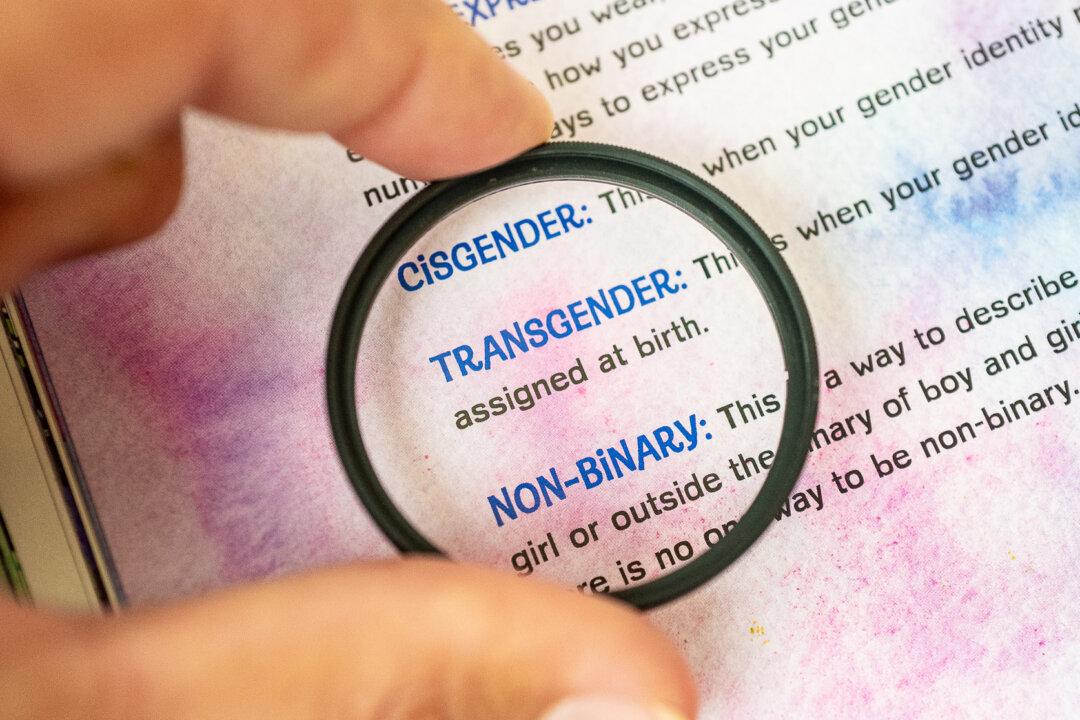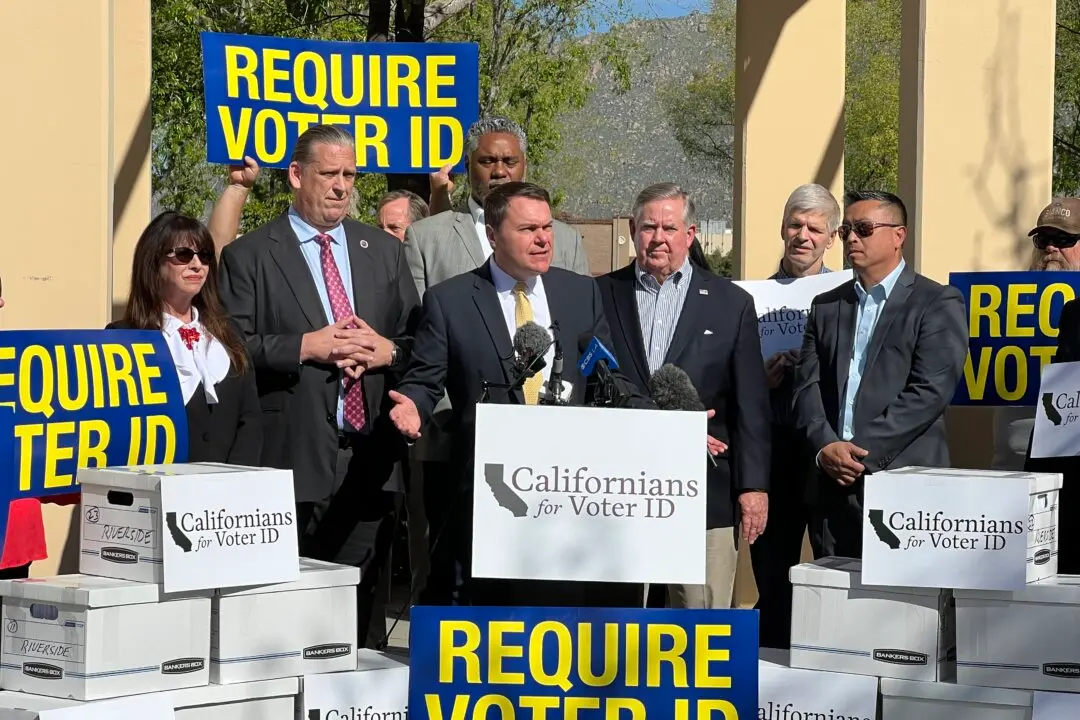A legislative proposal that would require courts to consider parents who support their child’s transgender identity as acting in the best interests of the child has passed the California Assembly Judiciary Committee.
Well-rounded social support from friends and family members is strongly associated with positive mental development, physical health, and overall wellbeing of transgender, gender non-conforming, and intersex (TGI) children, Assemblywoman Lori Wilson (D-Suisun City), author of Assembly Bill (AB) 957, told the committee on March 21.





